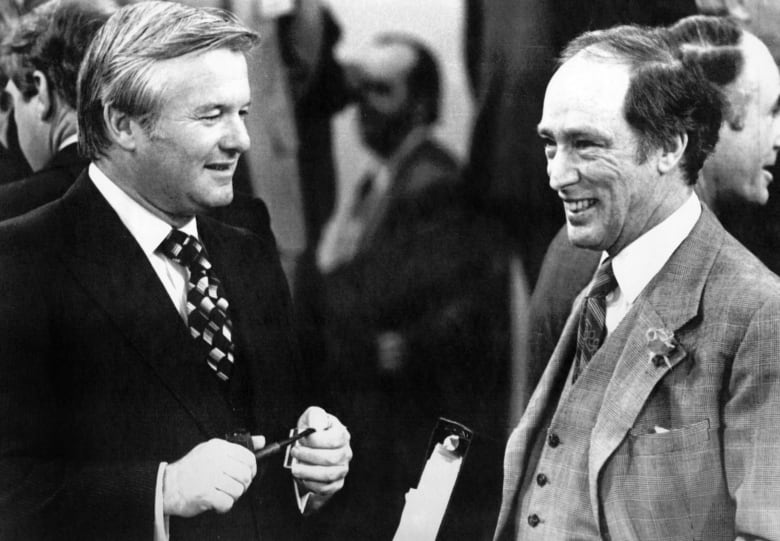
This is an excerpt from Minority Report, a weekly newsletter on federal politics. If you haven’t subscribed yet, you can do that by clicking here.
While the United States was hurtling toward the dramatic conclusion of another round of national elections last week, Canada was quietly embarking on its own, smaller (much, much smaller) version of the American midterms: a byelection in the Ontario riding of Mississauga-Lakeshore.
Unlike the recently completed U.S. elections, the balance of power and the future of democracy are not at stake in Mississauga-Lakeshore. But because of where the riding is, how competitive the race could be and when it is happening, this single byelection has unusually high narrative value.
Sven Spengemann, the former Liberal MP for the riding, stepped down in May and Prime Minister Justin Trudeau triggered a byelection to fill the vacancy last Sunday. The vote will take place on December 12.
Though Spengemann won the riding three times, Mississauga-Lakeshore can’t be considered a “safe” Liberal seat. In 2015 and 2021, Spengemann’s margin of victory was fewer than 4,000 votes and the Conservatives won the riding in 2011 on their way to a national majority.
To improve their chances of holding the riding, the Liberals have found a “star” candidate – former Ontario finance minister Charles Sousa. The Conservative candidate will be Ron Chhinzer, a police officer in the Peel region.
Sousa won the provincial riding three times between 2007 and 2014, but lost there in 2018 to the Progressive Conservative candidate.
Like American midterm elections, byelections are typically harder on the governing party. An analysis by the Writ’s Eric Grenier in 2018 found that the governing party’s vote declined by an average of 2.9 percentage points when a byelection was held.
Intuitively, that makes sense — isolated byelections don’t require voters to think about who should govern for the next four years and opposition parties can focus on whatever frustrations the public has with the incumbent government.
But recent governments have also held their own in these skirmishes.
Since forming government in 2015, Trudeau’s Liberals have retained seven of their own seats in byelections, flipped two ridings that were held by other parties and lost only one seat that was previously theirs. Between 2006 and 2015, Stephen Harper’s Conservatives retained nine seats, picked up four and lost one.
Byelections were harder for Brian Mulroney’s Progressive Conservatives and Pierre Trudeau’s Liberals. Mulroney’s government retained two seats and lost four. Trudeau retained 12, won four and lost 13.

A large part of Pierre Trudeau’s poor record can be traced to a single day in October 1978. After allowing a number of vacancies to pile up, Trudeau triggered 15 byelections at once. Seven of the seats previously belonged to the Liberals, but the governing party emerged from the mini-election with just two.
Seven months later, the Liberals lost power when Joe Clark’s Progressive Conservatives won 136 of 282 seats in the 1979 general election.
Of course, it would be unreasonable to assert now that a single byelection can predict what will happen in the next general election — especially if that general election could be more than two years away. Any number of unforeseen events or crises could unfold between now and whenever the Liberals and New Democrats decide that their confidence-and-supply agreement has run its course.
But a win by either of the Liberals or Conservatives would be framed in stark terms. (If the NDP wins, no one will know quite what to say.)
If the Conservatives win, it will be presented as evidence that Pierre Poilievre’s message and complaints about the government are resonating in the all-important suburbs around Toronto — and the result might stoke questions about whether Justin Trudeau is the right person to lead the Liberal Party into the next election.
If the Liberals win, it will be offered up as evidence that Trudeau and the Liberals maintain some strength with a significant slice of the electorate — and that Poilievre hasn’t broken through.
Whether Mississauga-Lakeshore has any impact on the future of the country is anyone’s guess. But the winners will go into the Christmas break feeling that much better about themselves.
And if you’ve been feeling jealous about the “excitement” that American voters have experienced over the last few months, you can look forward to a little bit of lower-stakes fun over the next four weeks.